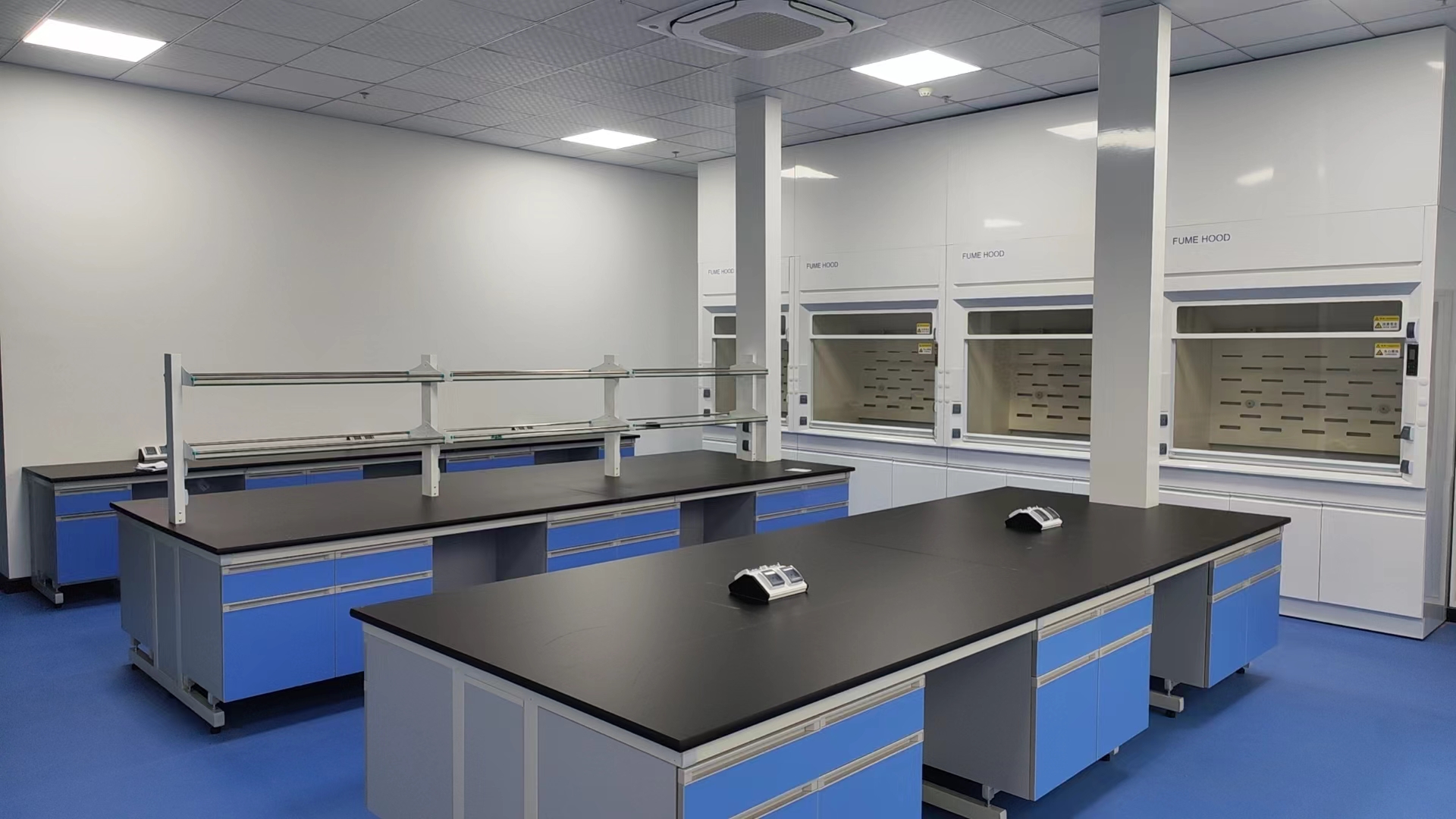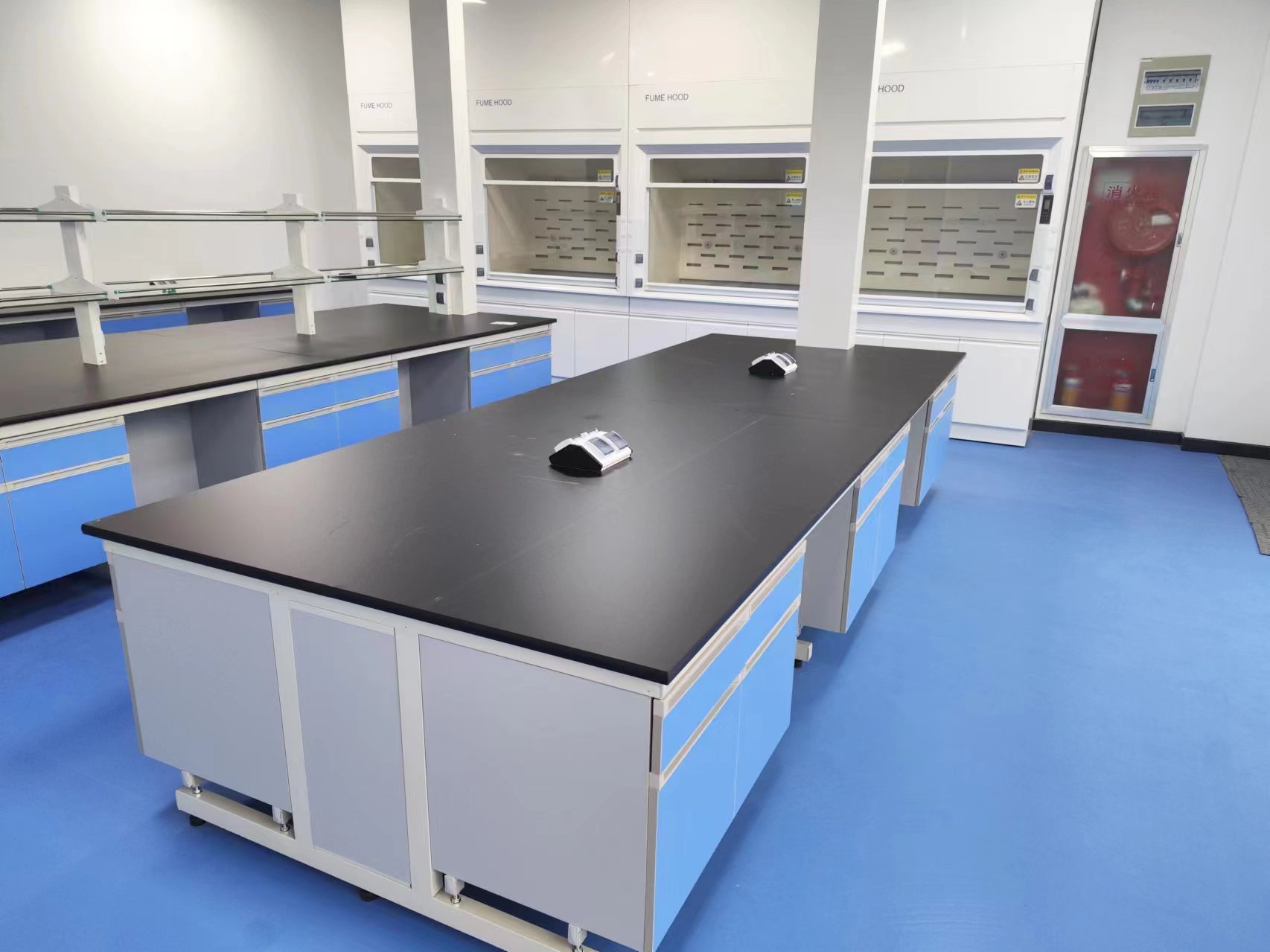Among the most important decisions you will make when setting up a laboratory is selecting the correct lab bench.The lab bench has to be robust, safe, and built to fit the particular needs of the lab since it is the primary location for experiments conducted.Consider factors like material, design, and possible modifications while choosing a lab bench.
Materials:
Longevity and tolerance of a lab bench for chemicals, heat, and wear depend on its material.Stainless steel is the material of choice in chemical laboratories mostly because of its simple-to-clean surface and resistance to corrosion.Wood or chemicalresistant materials may be more suitable for biological laboratories depending on the nature of the studies being conducted.

Selecting a lab bench
Customization:
The particular needs of the lab will dictate the design of a lab bench.Modular designs, varied heights, and specialized compartments let labs create a unique workplace honoring safety and efficiency.Custom benches can accommodate different laboratory equipment, tools, and substances while still being organized.
- Longevity:
Continuous use and exposure to chemicals, heat, and other laboratory settings call for laboratory benches that can withstand abuse.Employing premium materials and craftsmanship, the bench is designed to endure longer thereby lowering the need for replacements and repairs.

lab furniture
Selecting the right laboratory bench has several benefits:
A well chosen lab bench improves output by providing a consistent and reliable surface for experiments. Furthermore, it fosters a safe and effective working environment for laboratory workers, therefore lowering the likelihood of errors and mishaps.


